
Traditional Values
Modern Russia continues to preserve and develop its traditional values, which play an important role in the life of society. These values are the basis of moral and ethical standards, determine people's way of life and form a national identity.
State Policy
Russia is a country that deeply respects its history, culture, and traditions. The state policy regarding traditional, spiritual and moral values, aims to preserve and promote these values within society.
In 2022, President Vladimir Putin signed Executive Order On the Preservation and Strengthening of Traditional Spiritual and Moral Values, which included 17 main values.
The state pays special attention to institutions and organizations that are engaged in the preservation and development of Russian culture and traditions. This allows Russians to preserve their national heritage and expand its borders, showing the world the richness and diversity of Russian culture.
17 Main Values
- Life
- Dignity
- Human Rights and Freedoms
- Patriotism
- Civic Responsibility
- Service to the Fatherland and Responsibility for Its Fate
- High Moral Ideals
- Strong Family
- Creative Labor
- The Spiritual over the Material
- Humanism
- Compassion
- Justice
- Collectivism
- Mutual Aid and Mutual Respect
- Historical Memory and Continuity of Generations
- Unity of the Peoples of Russia
Respect for Elders
Another vital tradition is the respectful attitude towards elders. In Russian culture, the wisdom and life experience of older people are deeply respected, and their place in the family and society is highly valued. The younger generation takes on the responsibility of caring for and respecting the elderly. The tradition of caring for older generations includes visits, attention to their health and comfort, which helps to preserve family ties.
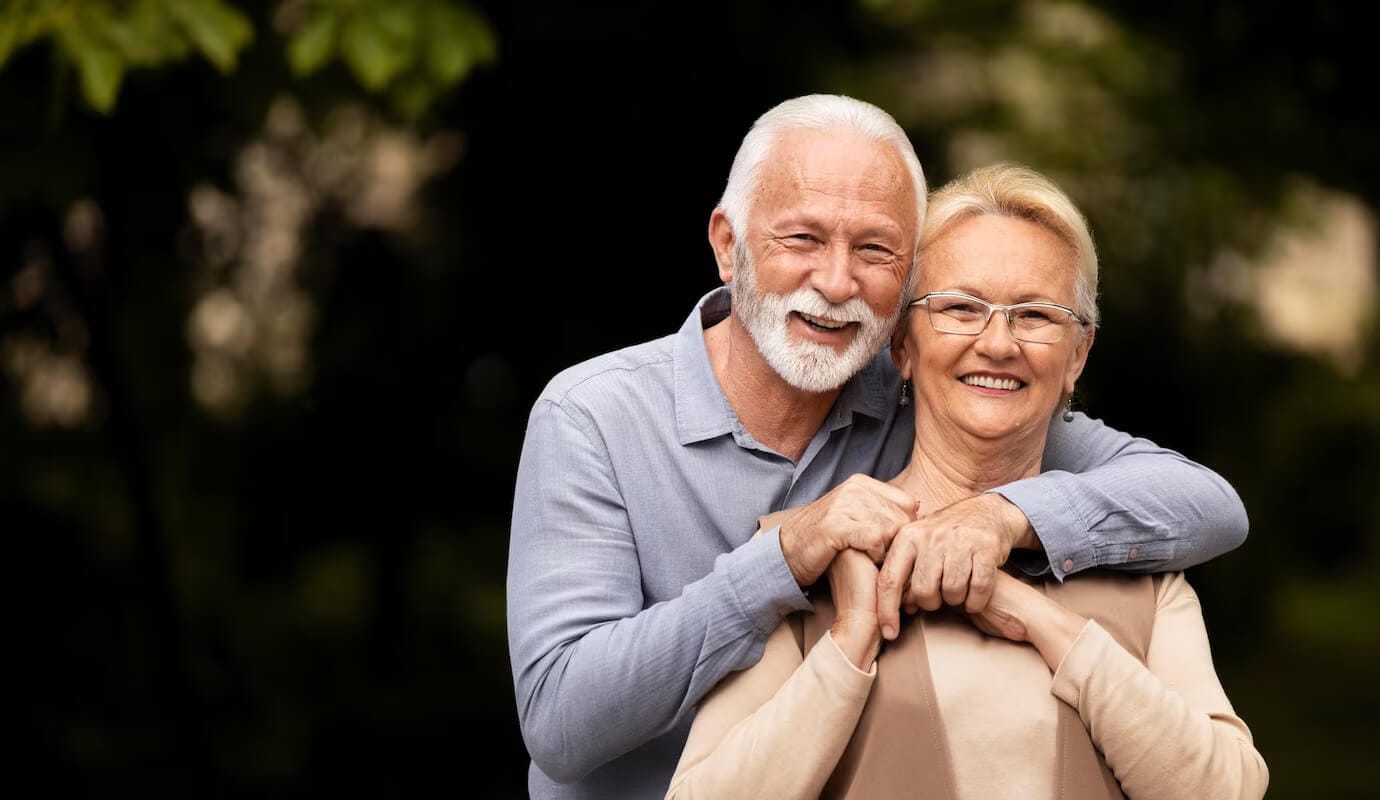
Patriotism and love for the Homeland
Patriotism and love for the motherland are one of the main and traditional values of Russia. These concepts are closely related to each other and are of great importance for the formation of the national identity of our country.
Patriotism is expressed in various forms: it includes service in the army or law enforcement to defend the homeland, active participation in public life, and the development of scientific and cultural achievements in the interests of the nation.
However, the main characteristic of patriotism is the willingness to put forth every effort for the benefit of one’s country and its people.
Main Patriotic Holidays of Russians
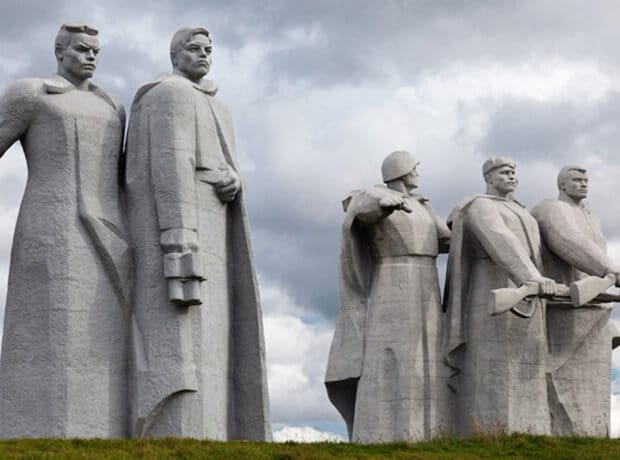
Victory Day
One of the most important holidays in the country: May 9th marks the victory of the USSR over Nazi Germany and the end of the Great Patriotic War (1941-1945). On this day, big celebrations take place across the country: a procession to the Tomb of the Unknown Soldier in Moscow, military parades in hero cities, and festive fireworks and concerts. Russians honor veterans.
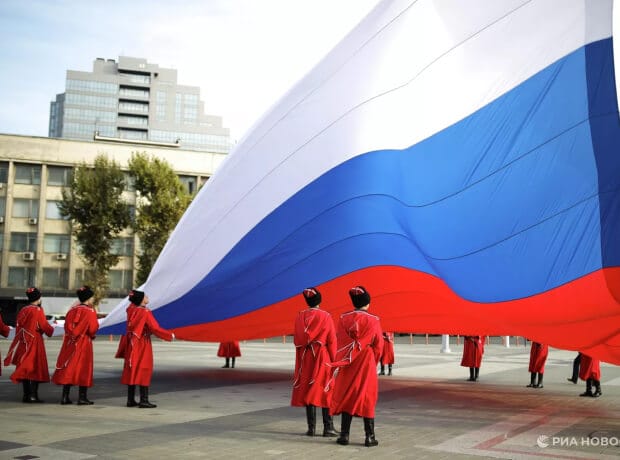
National Unity Day
Another key patriotic holiday in Russia is Unity Day, celebrated on November 4. Historically, the holiday is linked to events of 1612, when the people of Russia, united to defend their homeland and to the end of the Time of Troubles in Russia in the 17th century.
The holiday symbolizes the idea of national consensus and social cohesion, the unity of the Russian people regardless of religion, nationality, or social status.
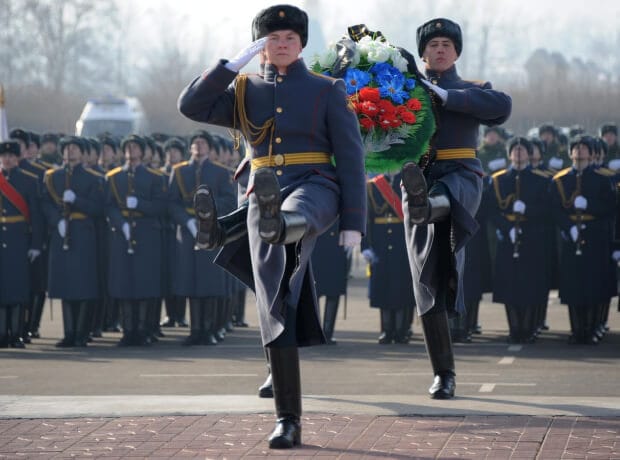
Defender of the Fatherland Day
In Soviet times, it was celebrated as the Day of the Soviet Army and Navy, congratulating all military personnel. In modern Russia, February 23rd is a holiday not only for the military but for all men, regardless of whether they have served in the army or not. On this day, in addition to congratulations, they expect small gifts from colleagues, relatives, friends, and their wives and girlfriends.
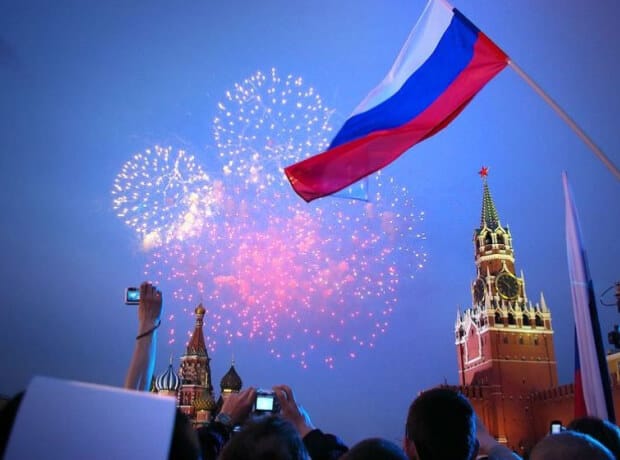
Russia Day
It is celebrated annually on June 12th. On this day, festive events and concerts are held throughout the country. It was established in honor of the adoption of the Declaration of State Sovereignty of the Russian Federation in 1990.
Духовность и созидательный труд
Creative work is the foundation of a society’s prosperity and progress. Russia actively implements employment and skill development initiatives. The national project Personnel ensures fast and high-quality training of professionals in line with employer needs through cooperation between educational institutions, businesses, and the government.
By 2029, comprehensive modernization will update the country’s entire employment services system, including the creation of new Russia Works career centers. Entrepreneurship is also encouraged, with support for small and medium-sized businesses, generating jobs and driving economic growth.
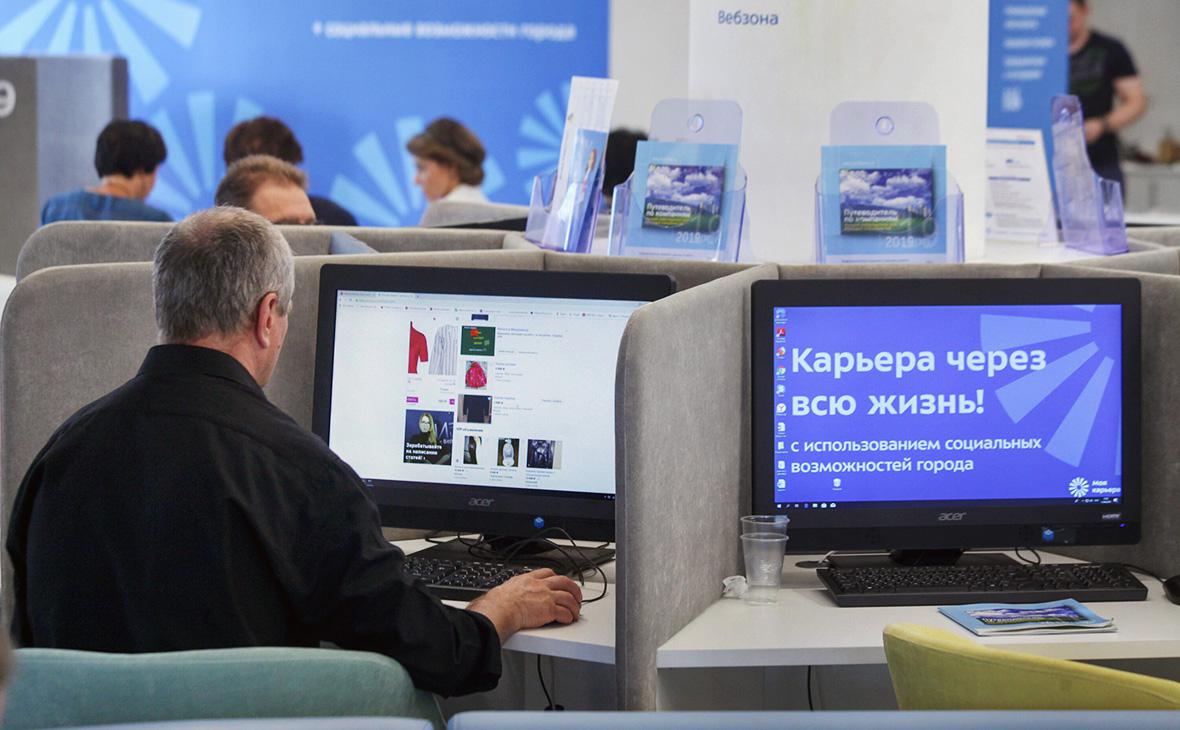
Unity in Multinational Russia
The unity of Russia’s peoples is a key aspect of social harmony, supported by a variety of initiatives. The country’s multicultural identity is reflected in festivals, holidays, and exhibitions that promote mutual understanding and respect.
Educational programs in schools and universities teach young people to appreciate cultural diversity and develop tolerance. Friendship of Peoples festivals bring together ethnic communities through art and cuisine, helping participants learn each other’s traditions.
Government policies aim to protect minority rights and foster peaceful coexistence. Volunteer efforts—backed by the federal project Social Engagement—help individuals from various backgrounds face challenges and strengthen social bonds.
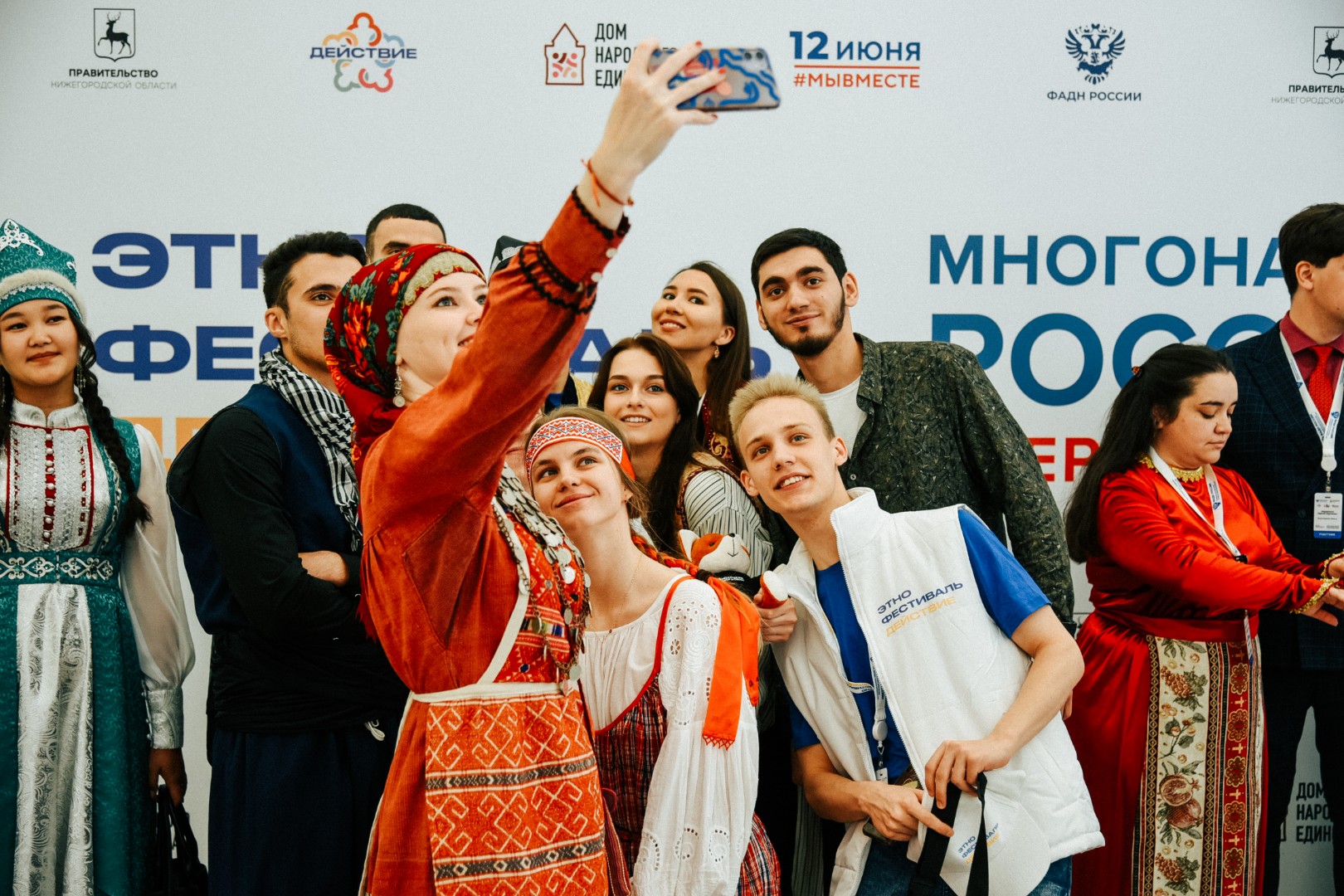
Moral Values
High moral ideals are the foundation of a healthy society. In Russia, the family is a core value—raising children in a spirit of respect and care strengthens intergenerational relationships. Kindness and compassion also play a key role in fostering mutual help and support during difficult times. This is seen in charitable acts, volunteer activities, and care for the elderly, which build trust and understanding. Honesty and fairness form the basis of social trust, enabling people to rely on each other and contributing to stability and harmony.
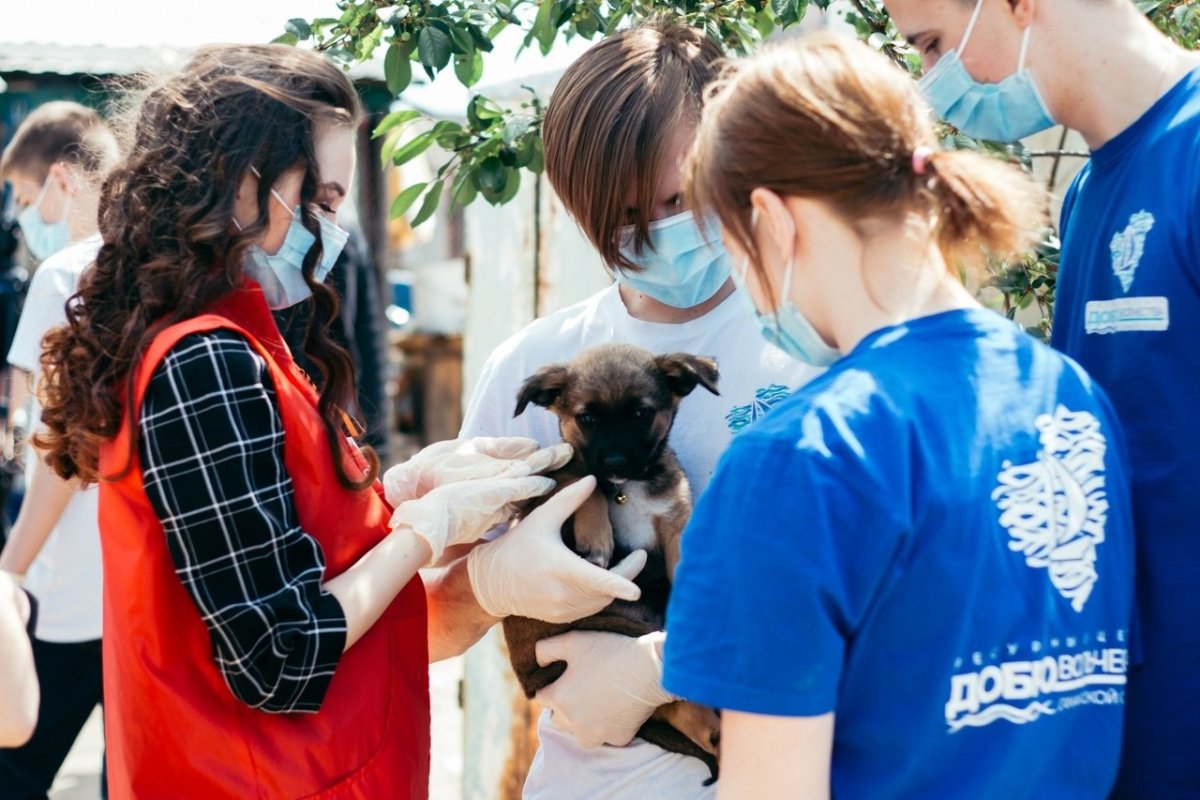
Kindheartedness
Compassion is a fundamental human value, expressed in the desire to help others and care for those in difficult life situations. In Russia, compassion is actively demonstrated through many volunteer movements and initiatives. One striking example is the nationwide volunteer movement Medical Volunteers, which brings together people who are ready to help patients in hospitals or residents of nursing homes.
These volunteers provide not only physical assistance but also emotional support—especially important for those facing loneliness or fear. Such initiatives reflect the spirit of compassion at the civic level, highlighting the importance of individual participation in improving the lives of others and showing how personal efforts can unite into impactful projects that help build a caring society.

